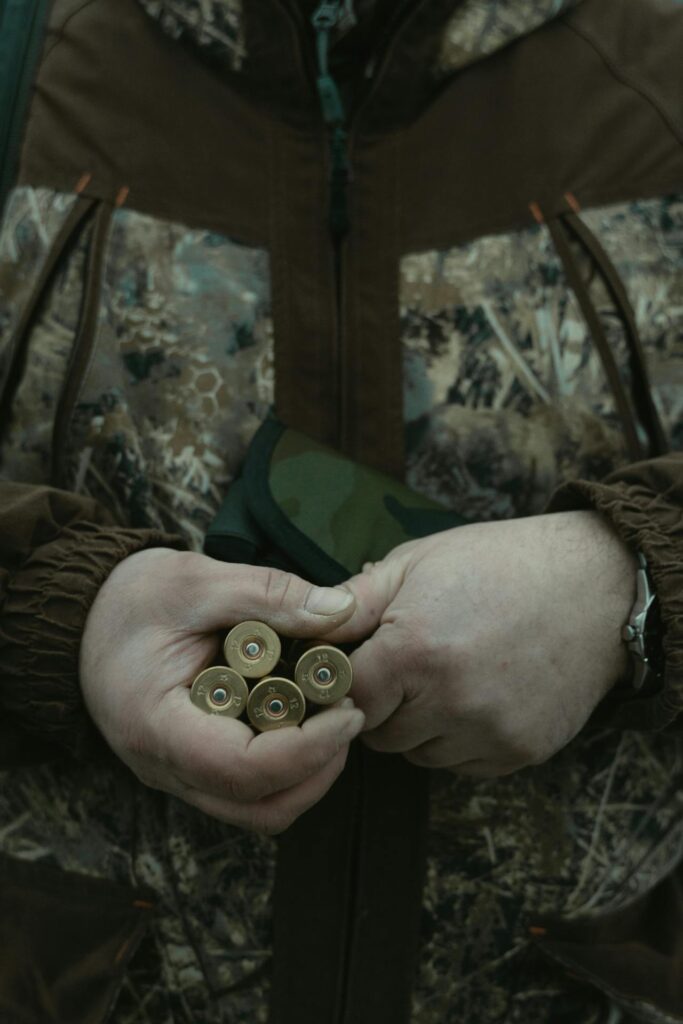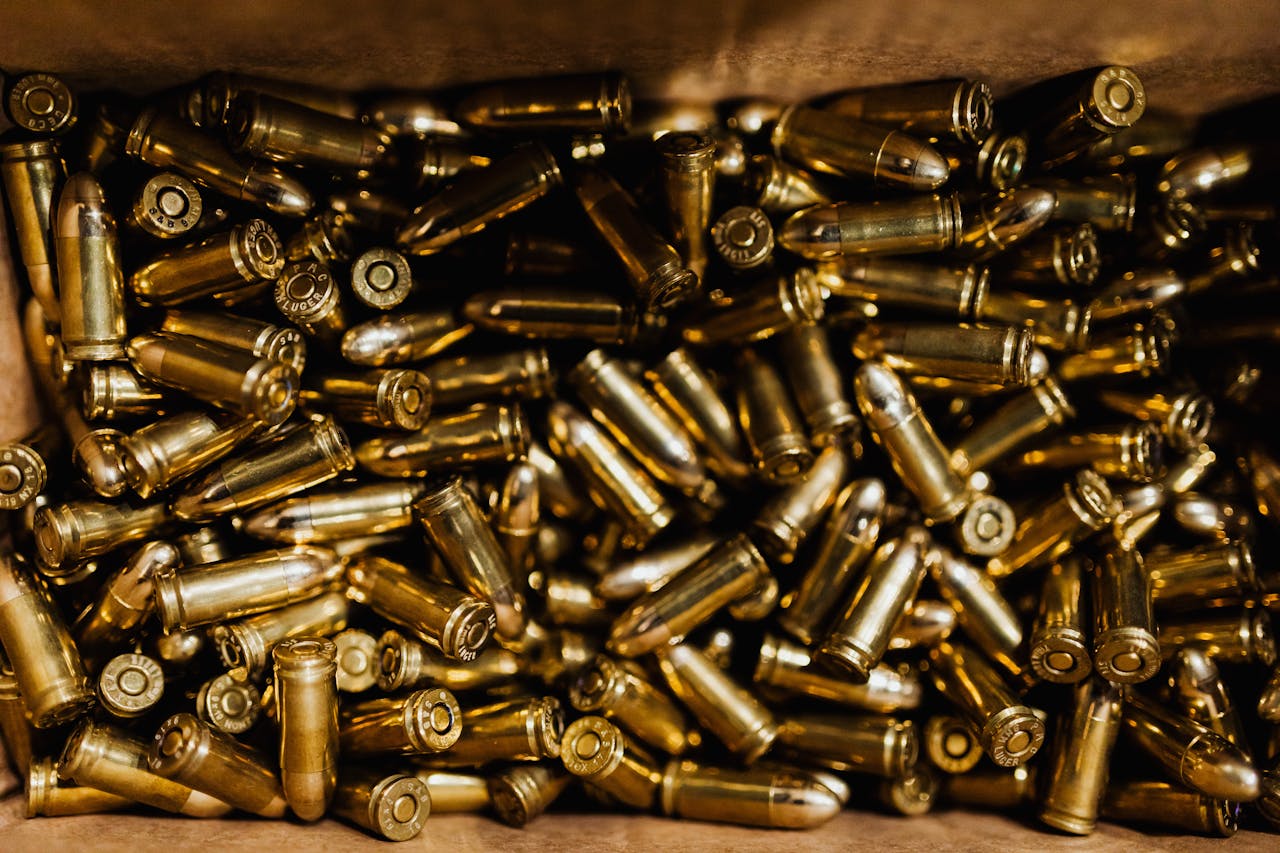What Are Percussion Caps, and How Do They Work?
Percussion caps are small metal caps filled with an explosive compound, designed to ignite black powder in firearms. These tiny yet powerful components were a groundbreaking innovation in firearm technology.
The Anatomy of a Percussion Cap
| Component | Description |
|---|---|
| Cup | A small, thin-walled metal cap, usually brass. |
| Explosive Compound | Typically fulminate of mercury or similar. |
| Base | The part that rests on the firearm’s nipple. |
How They Work
- Placement: The percussion cap is placed over the nipple of a firearm.
- Ignition: When struck by the hammer, the cap’s explosive compound ignites.
- Powder Ignition: This ignition sends a flame through the nipple, igniting the black powder charge.
Why They Revolutionized Firearms
Before percussion caps, firearms relied on flintlock systems, which were less reliable and slower to fire. The percussion cap simplified and improved ignition, making firearms more effective in all weather conditions.
For modern enthusiasts, check out our handgun department for related black powder options.
Who Invented Percussion Caps, and What Was Their Historical Significance?
The invention of percussion caps is credited to Rev. Alexander Forsyth in the early 19th century. His groundbreaking design forever changed firearm technology.
Timeline of the Invention
- 1805: Forsyth develops fulminating powder ignition for firearms.
- 1816: Patent granted for the first practical percussion lock.
- 1820s: Widespread adoption of percussion caps in civilian and military use.
Historical Impact
- Military Advancements: Allowed for faster reloading and firing during combat.
- Civilian Use: Revolutionized hunting and personal defense.
By the mid-1800s, percussion caps became the standard, replacing flintlock systems globally.
For a closer look at firearm evolution, explore our rifle department.

How Are Percussion Caps Used in Black Powder Firearms?
Black powder firearms rely on percussion caps for ignition. These caps are an essential part of the firing mechanism.
Steps to Use Percussion Caps
- Load the Barrel: Pour black powder and place a bullet or shot.
- Prime the Nipple: Secure a percussion cap onto the firearm’s nipple.
- Cock the Hammer: Prepare the firearm to fire.
- Fire the Weapon: Pull the trigger, causing the hammer to strike the cap and ignite the powder.
Types of Black Powder Firearms That Use Percussion Caps
| Firearm Type | Common Use |
|---|---|
| Muzzleloaders | Hunting and historical reenactments. |
| Revolvers | Target shooting and black powder competitions. |
For hunting-related black powder options, explore our shotgun department.
What Are the Differences Between Percussion Caps and Primers?
While percussion caps and modern primers serve a similar purpose, their design and applications differ.
Key Differences
| Feature | Percussion Caps | Modern Primers |
|---|---|---|
| Design | Metal cap with integrated primer. | Separate component in a cartridge. |
| Use | Black powder firearms. | Modern centerfire ammunition. |
| Reloadability | Not reusable. | Reusable during reloading. |
Advantages of Each
- Percussion Caps: Simplicity and historical significance.
- Modern Primers: Reliability and suitability for high-pressure firearms.
For ammunition options, visit our ammo department.

